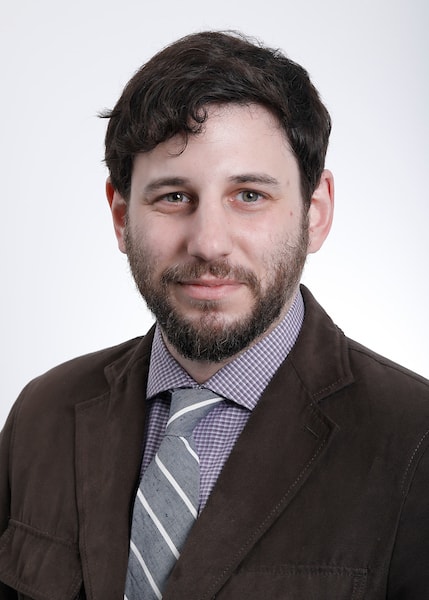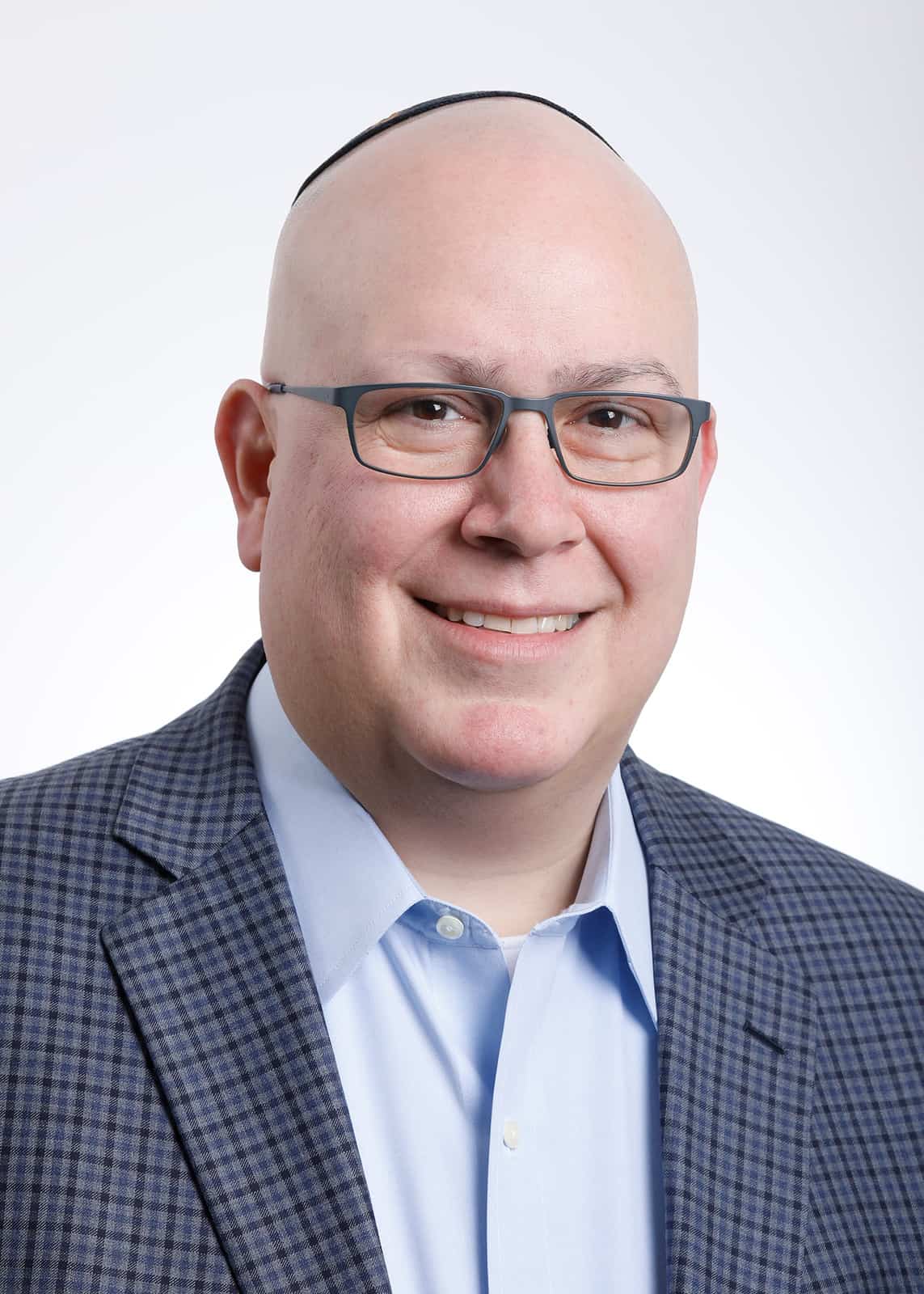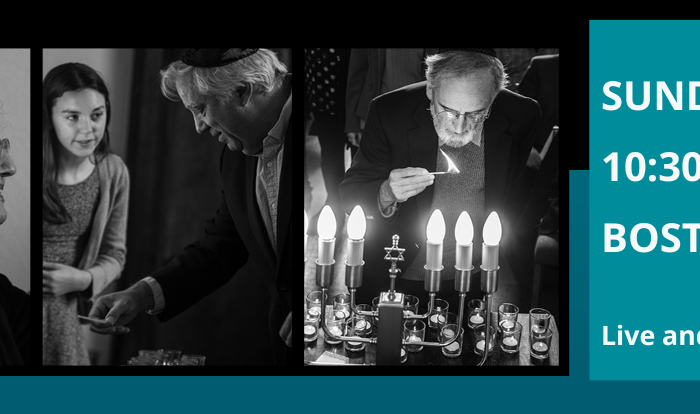Givat Haviva International School in brings together Arab and Jewish students.
This week, we had the pleasure of hosting Mohammad Darawshe, Director of the Center for Equality and Shared Society of the Givat Haviva institute (a Boston Partners for Peace organization), here in Boston.
Mohammad’s story is not a particularly unusual one amongst Palestinian Arab citizens of Israel, but the actions that come from his story need to become far more common. His family has lived in his village in the Galilee for 28 generations. He is an acute observer of the Palestinian Israeli experience. He usually begins his talk by describing the challenges that Arab citizens face in integrating into Israeli society. One key factor is the relationship between the Israeli government and its citizens; in this case the relationship between Israel as a Jewish state and its 20% non-Jewish minority. Mohammad’s contention is that Israel’s self-definition as a state for Jews – codified in last summer’s nation-state law – rather than a state of all its citizens, results in discrimination against him and his community.
The other piece of the puzzle has to do with relations between Israel’s Jewish and non-Jewish citizens. This is where Givat Haviva is laser-focused, running a variety of programs that aim to create equality and a shared future for Israeli Jews and Palestinians. We visit there regularly with our JCRC Israel Study Tours.
In one session this week, Mohammad was asked how social progress can really be made given the political obstacles to peace. He answered that while there is a certain aspect of the Israeli-Palestinian conflict that he will never be able to control, he is convinced that his work at Givat Haviva constitutes 90% of the solution.
This got us thinking: what if we spent more of our time learning about and emphasizing solutions, rather than fixating on problems beyond our control?
Mohammad tells us about a program that places Jewish teachers in Arab schools and vice versa. This program is designed to reduce racism among Israeli youth, and the results have been dramatic. Israeli researchers have found that roughly 60% of Jewish and Arab youth in Israel hold at least some racist tendencies toward the other. After only two years with a teacher from a different background, that rate drops to 10%. This program is currently running in about 1,200 of Israel’s 7,000 schools. This is what Mohammad would call an “island of success,” undeniable progress, but with much more work to be done.
“There is a pill against racism and that pill is the presence of ‘the Other’ in your life,” Mohammad tells us.
Givat Haviva is breaking down the separations that prevent productive conversations from taking place. Their team is working on creating better relationships between Jews and Palestinians as citizens of one country, while also working on achieving full equality for Palestinians at the same time.
Simply put, Mohammad is working for an Israel that fulfills the promise and aspiration of its own declaration of statehood, to be a “country for the benefit of all its inhabitants; it will be based on freedom, justice and peace as envisaged by the prophets of Israel; it will ensure complete equality of social and political rights to all its inhabitants irrespective of religion, race or sex; it will guarantee freedom of religion, conscience, language, education and culture; it will safeguard the Holy Places of all religions.”
Thinking about solutions 90% of the time is hard, but if we never hear about solutions, then we are only left with the seemingly insurmountable challenges. And if, by focusing on a solutions-oriented approach toward solving the 90% of challenges, groups like Givat Haviva create the conditions on the ground that expand the possibility to address the other 10% (the political challenges), all the better.
At JCRC, and through Boston Partners for Peace, we are committed to changing the current dynamic by emphasizing grassroots peacebuilding work. There are aspects of the Israeli-Palestinian conflict that we cannot solve, nor is it our place to solve them. Instead, we make the choice to turn to and be inspired by Mohammad and the thousands like him working every day for a better future for Israelis and Palestinians.
We hope that you will join us in this work.
Shabbat Shalom,
Eli & Jeremy
 Eli Cohn-Postell
Eli Cohn-PostellDirector of Israel Engagement
 Jeremy Burton
Jeremy BurtonExecutive Director




